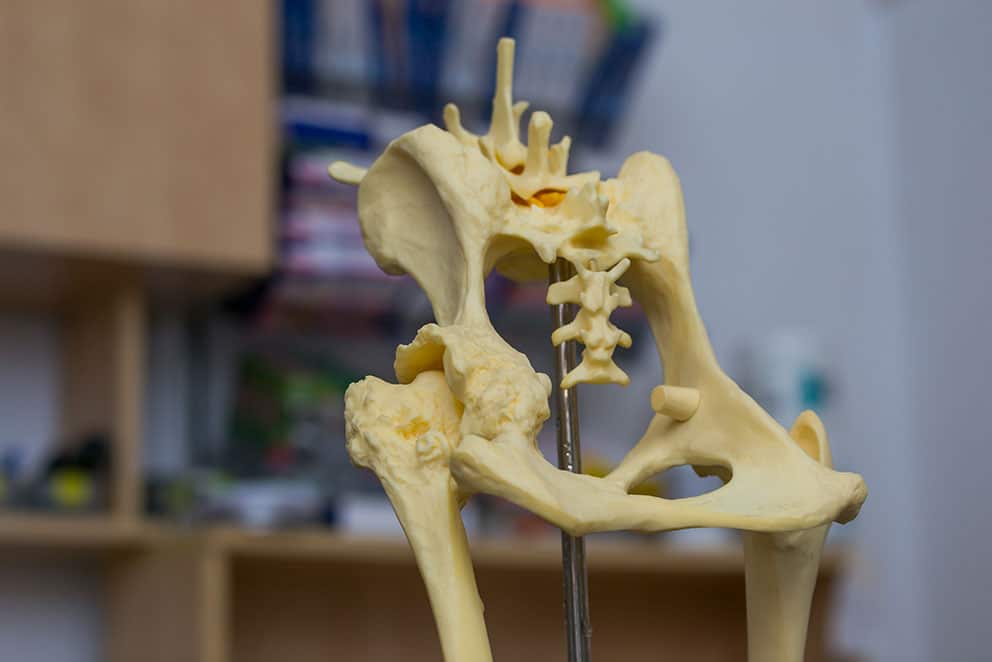A study looking into the benefits of preventative healthcare in over 250 000 clinically healthy patients, showed that 1 in 5 seniors and 2 in 5 geriatric patients had underlying problems. Twenty to forty percent is obviously a significant proportion of our older patients.
This study clearly demonstrated the benefit of performing a comprehensive check-up which included an examination, screening blood tests and urinalysis. Generally, the earlier we identify problems the easier it is to resolve and in cases which we cannot cure we can manage the problem better maintain your pet’s quality of life for longer.
Once your pet reaches his or her senior years (see age chart) we recommend that they start having more regular health checks 6 monthly to start with.
Part of the health check would be a “history” provided by you, the carer of your pet. Although always important, as animals age it is important that you monitor them more closely so that you are able to answer questions about their drinking, eating and toileting habits and about their general behaviour, interaction with family members, including other pets, and whether they are still able to run and jump and do other things that they usually enjoy doing.
At their first “senior” check, after a thorough examination, we will recommend a screening blood test and urinalysis. Screening diagnostics would be recommended with increasing frequency as your pet gets older.






